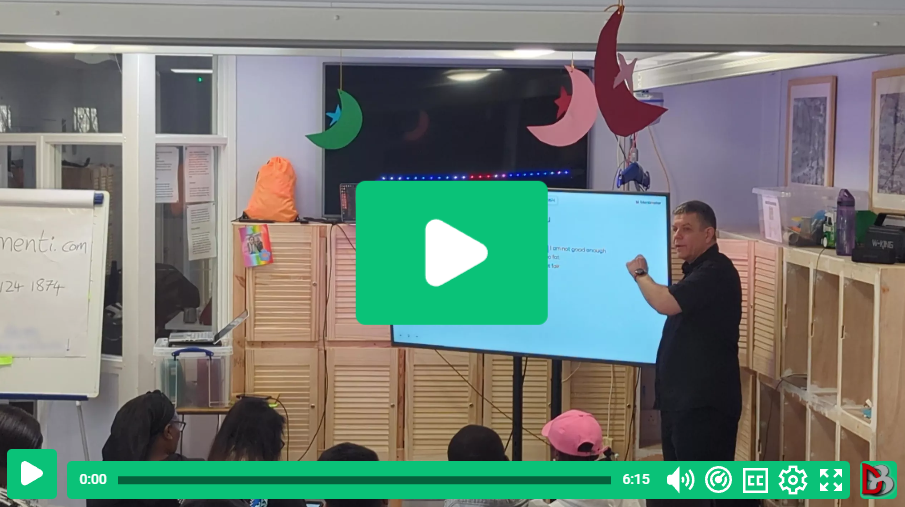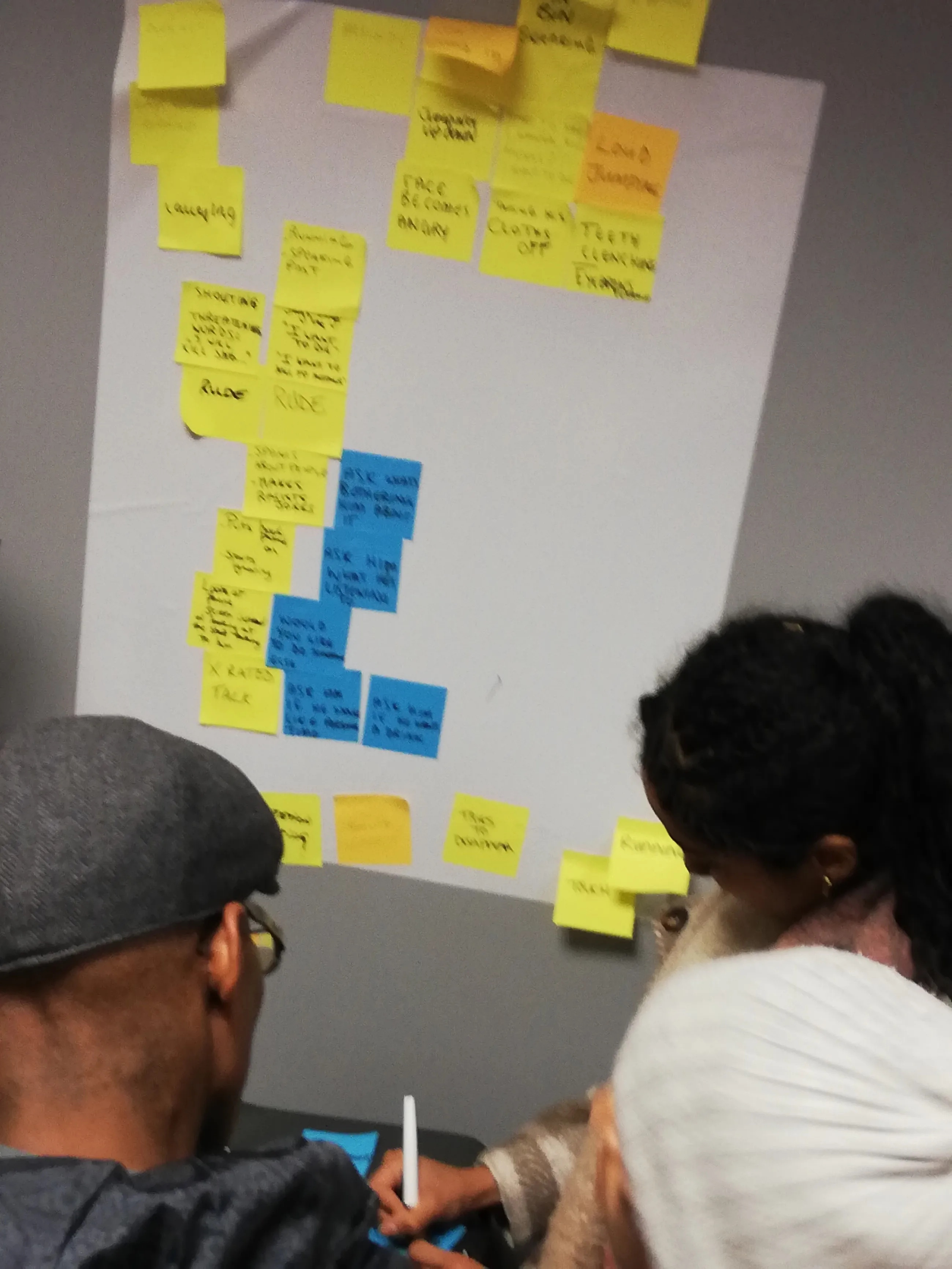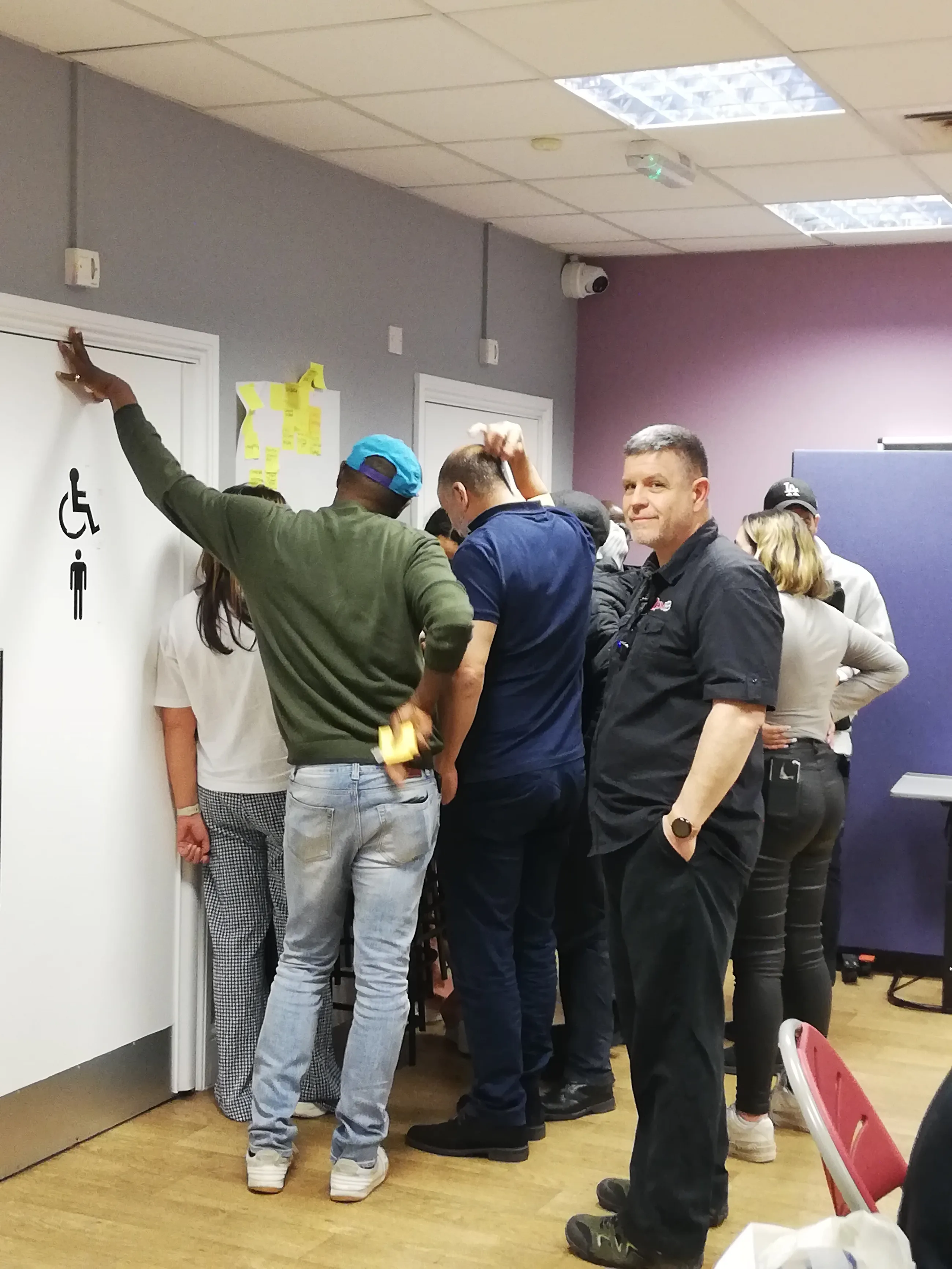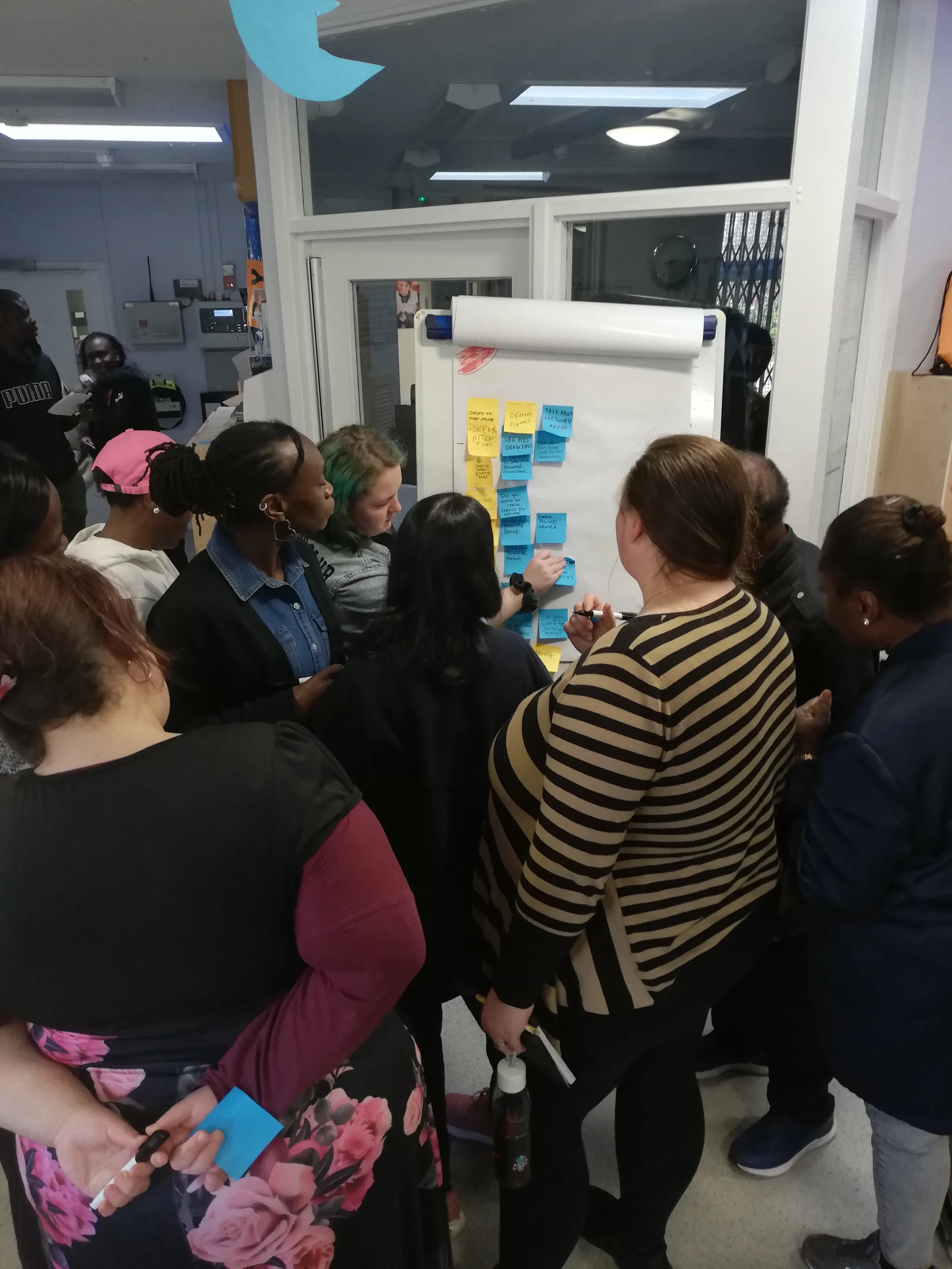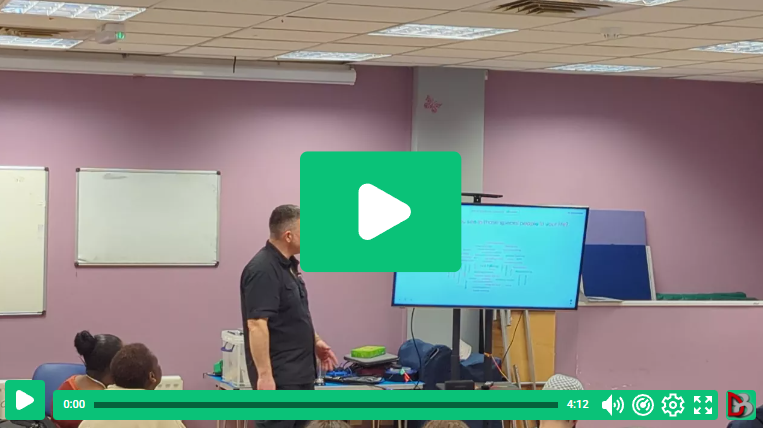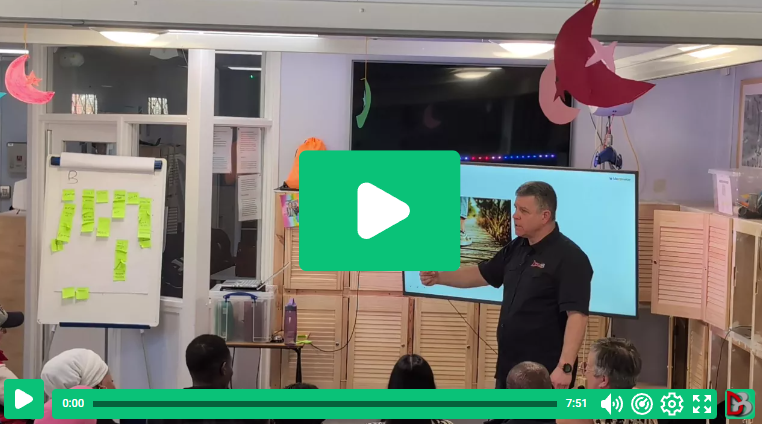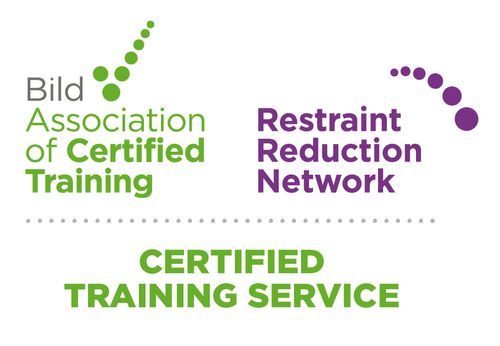
Workshops
Supporting in Green
Developing Positive Relationships
Supporting Individuals in Green
for social care employers who want their staff to Strengthen positive relationships
with those they support
- Using Behavioural Language
- Staff Self-Support Systems
- Understanding De-escalation Neuroscience
- Improved Staff Psychological Resilience
Do you struggle to Retain staff
Spend less on replacing staff - Invest in keeping them instead


When training doesn't prioritise staff psychological needs, staff members are more likely to leave their job.
Without an established outlet, feelings go unresolved, and staff will be unable to work effectively under the weight of those thoughts and frustrations.
For this reason, teaching staff to understand their own psychological needs is our first step in helping them to understand the needs of their teammates.
From there we move on to teaching more robust offloading procedures that operate 1:1 between staff, supporting one another in a way that creates less paperwork and requires less managerial time.
Does your team Know how to
Work behaviourally?
When staff aren't clear about what they see, it is likely that they don't know how to work behaviourally.
When things go wrong, staff often say "there was an atmosphere" or "you could just tell he was upset". When trying to make plans, these vague statements don't help.
Being behavioural is about focusing on what is seen, heard and measurable - rather than what the staff member "felt" or assumed about the situation. It's about actionable data, not guesswork.
Your team can spot the small, critical details that outside consultants might miss - if they’re trained to approach their role with a data-driven mindset.
That's what being behavioural is all about.
Testimonials
do your team focus on maintaining control or building a relationship?
When a supported individual is uncomfortable with the demands placed upon them, this discomfort may be released unexpectedly at a later time.
When this happens, staff have a tendency to say, "It happens for no apparent reason."
This is why systems based on control don't work. They make behaviour less manageable and strain the carer/cared for relationship.
Staff who go through our training understand their influence on the people they support, and can therefore ensure that influence is a positive one.

